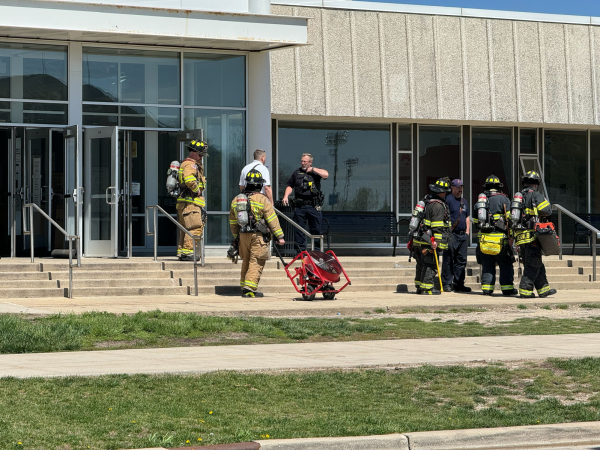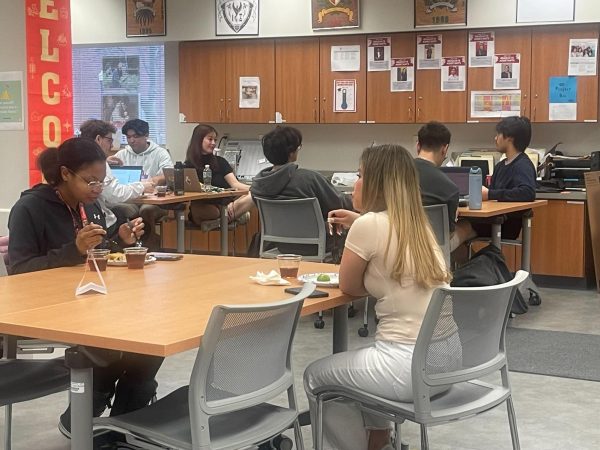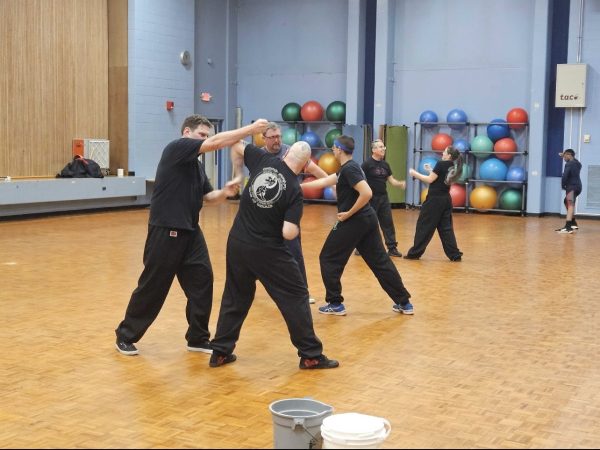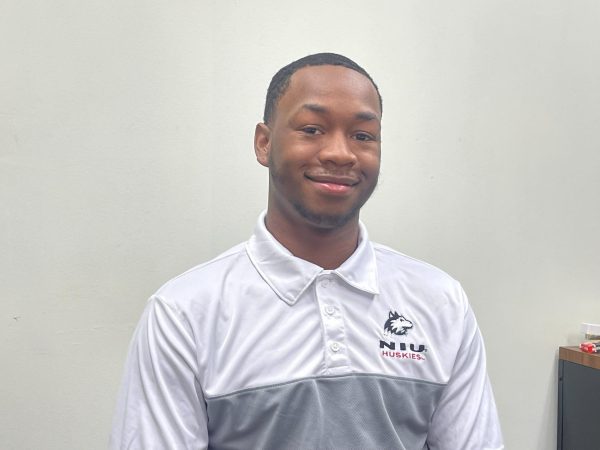Racism discussed in speech
January 19, 2017
DeKALB —Former teacher Jane Elliot spoke to NIU community members in hopes of educating them about racism, just as she did in her famous 1960s classroom exercise.
Elliott conducted the study following the death of Martin Luther king Jr. in order to illustrate the effects of racism. This study, which Elliot discussed during her presentation 6 p.m. Wednesday in the Carl Sandburg Auditorium, has since been used frequently in social psychology classes.
In her exercise, Elliott first asked her class of third graders about what groups of people are treated differently in society. She then told the blue-eyed students they were better than the brown-eyed students and started giving the blue-eyed students special treatment, such as five extra minutes at recess. Within fifteen minutes, the blue eyed children began to adapt an attitude of superiority.
“People of color go through this everyday,” Elliot said. “I’m angry. I want this nonsense stopped, and you can stop it.”
Elliott said there is only one human race and warned students about how society can repeat history without proper education. She discussed some of the lies that have been taught in the education system and how true education can make a difference.
“What I did is what Hitler did,” Elliot said. “I did it in my own classroom. Nobody is born a racist. There is no gene for racism. Racism can be learned and unlearned.”
Elliott said some of her students from that class have come come back and thanked her for doing the exercise. Although she was criticized by her colleagues, many parents of those children noticed a difference in how their children treated others after the exercise.
Jasmine Young, a graduate counseling major, decided to go the event to learn about the impact of Elliott’s exercise.
“I had seen the experiment done before [with adults],” Young said. “Even watching that was impactful. I thought it would be amazing to sit in the room and learn from [her].”
Alumna Antoinette Schrader learned about how society can change in order to combat racism.
“I think that I’ll take away the level of empowerment and feeling like we can make change in the world,” Schrader said. “It starts with us as individuals. ”
Clarissa Hinshaw is a staff writer. She can be reached at [email protected].












